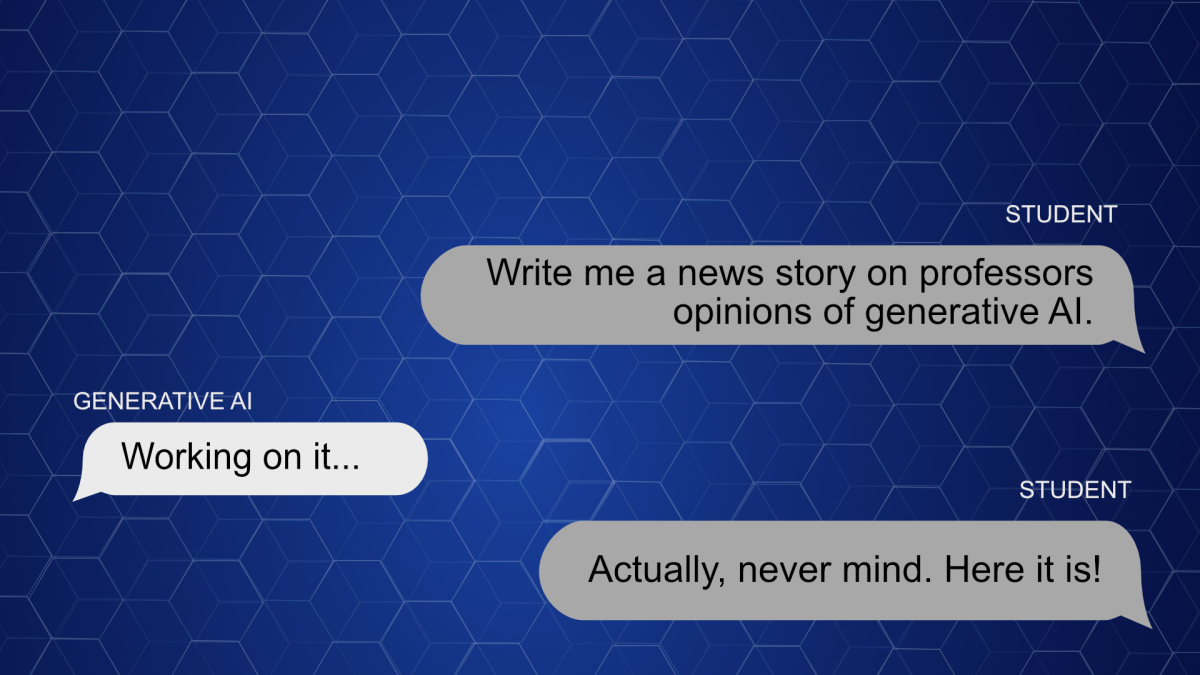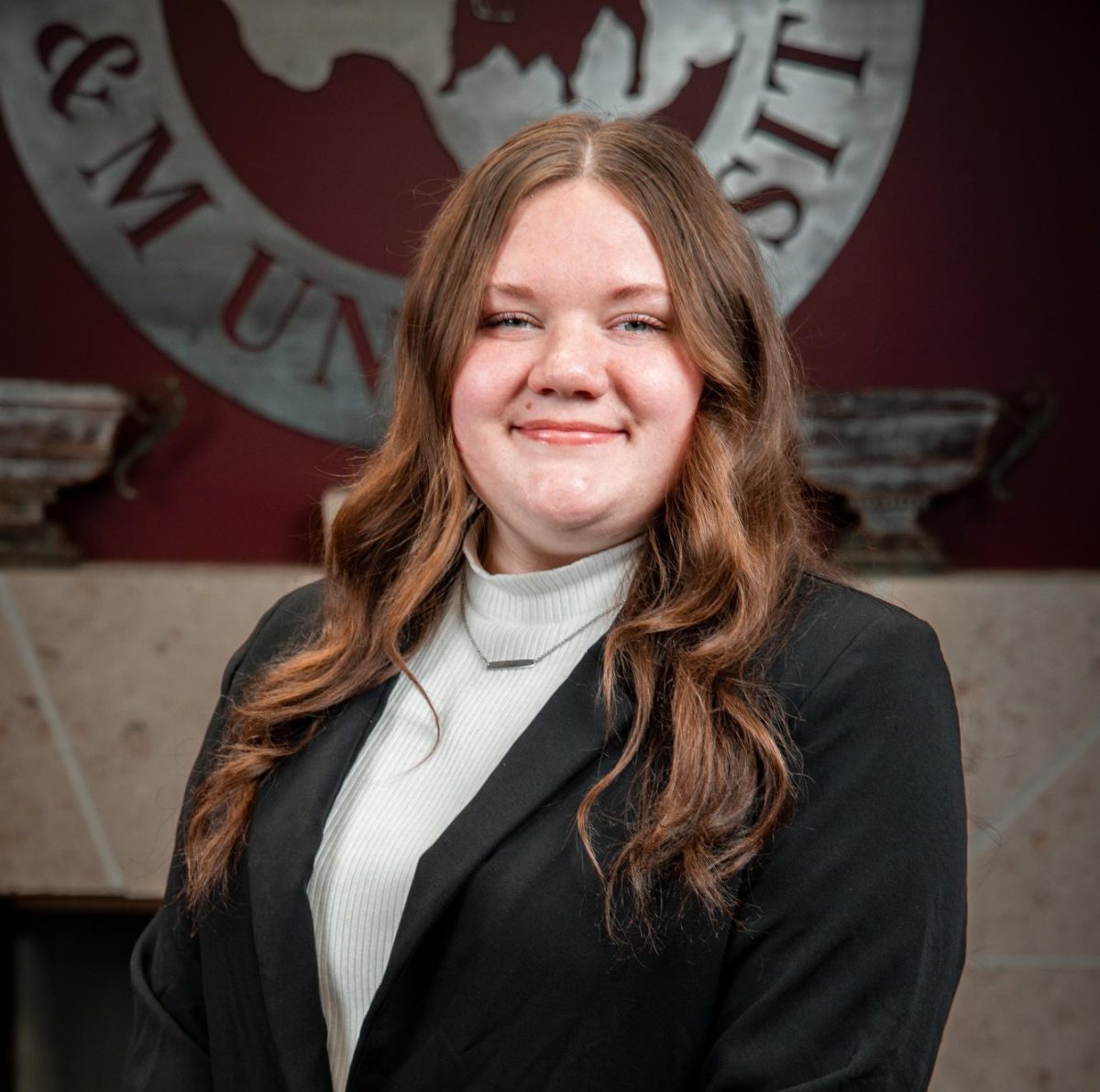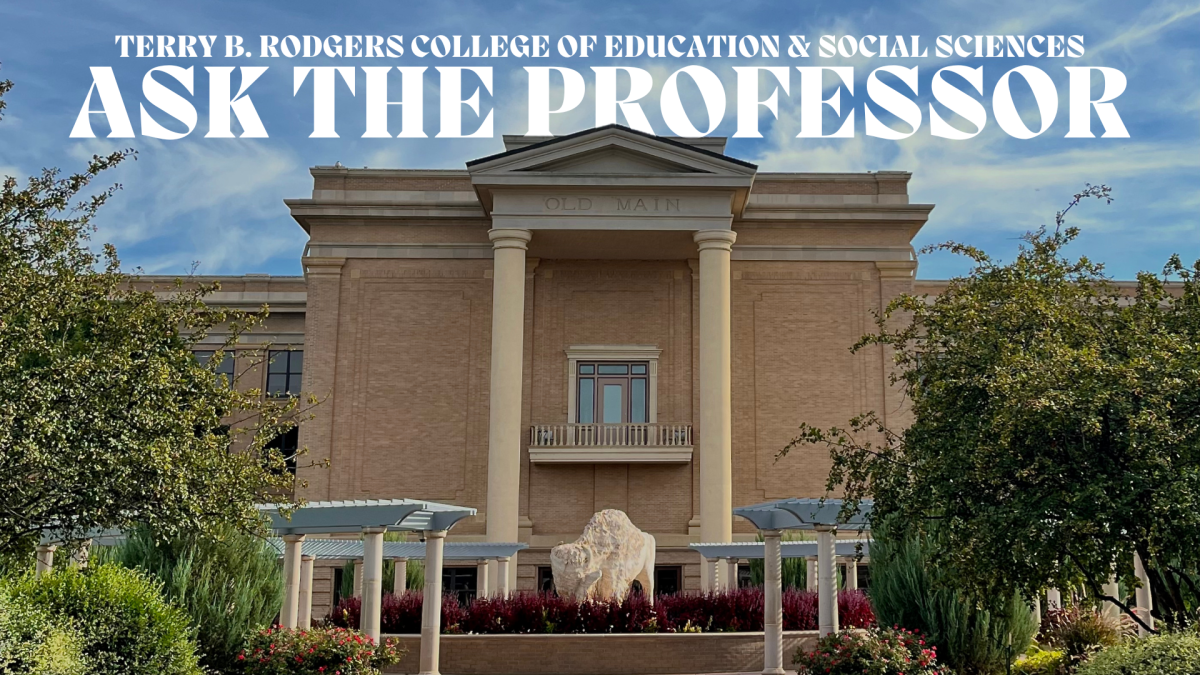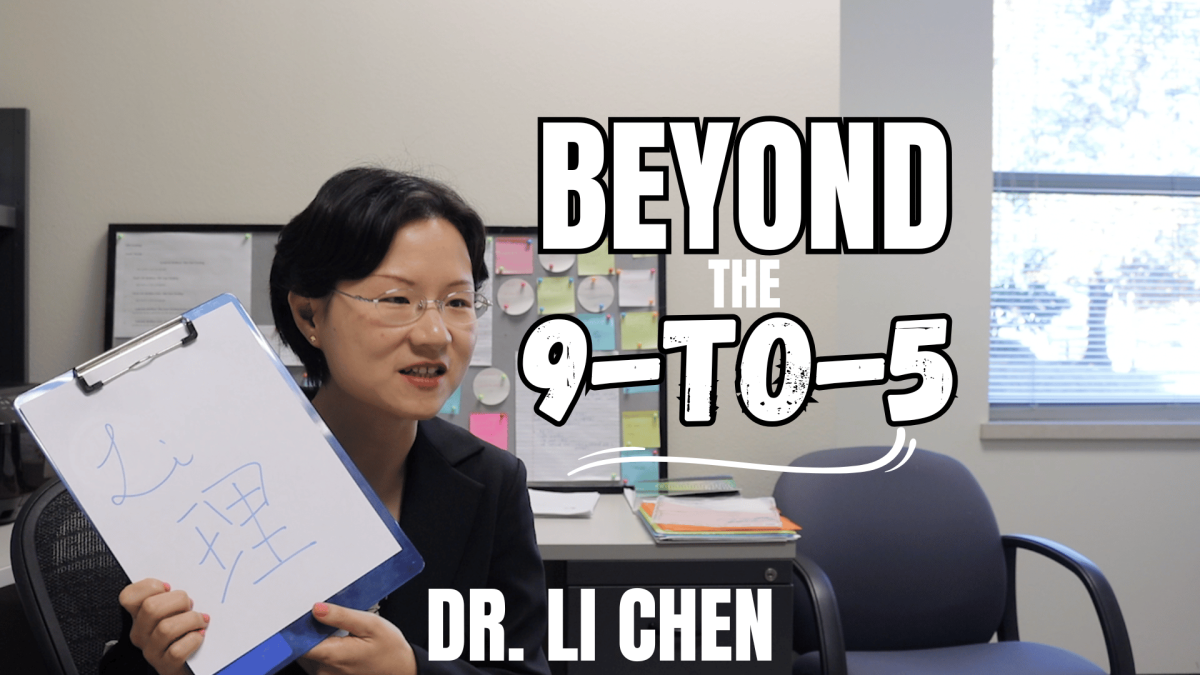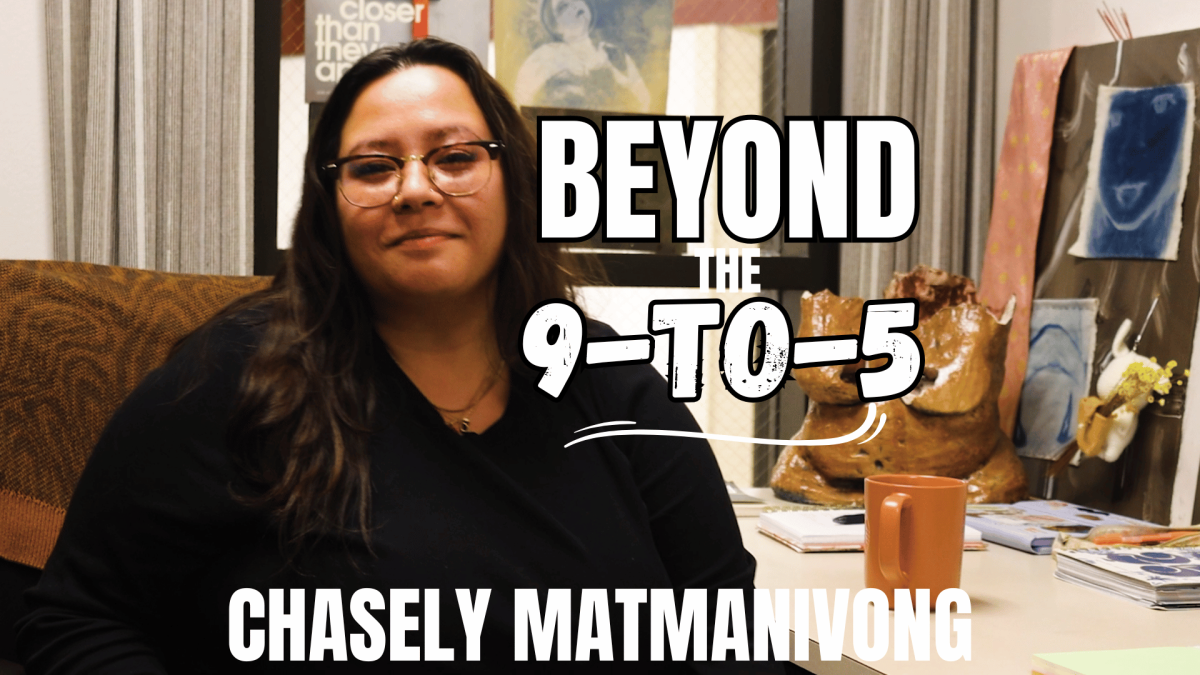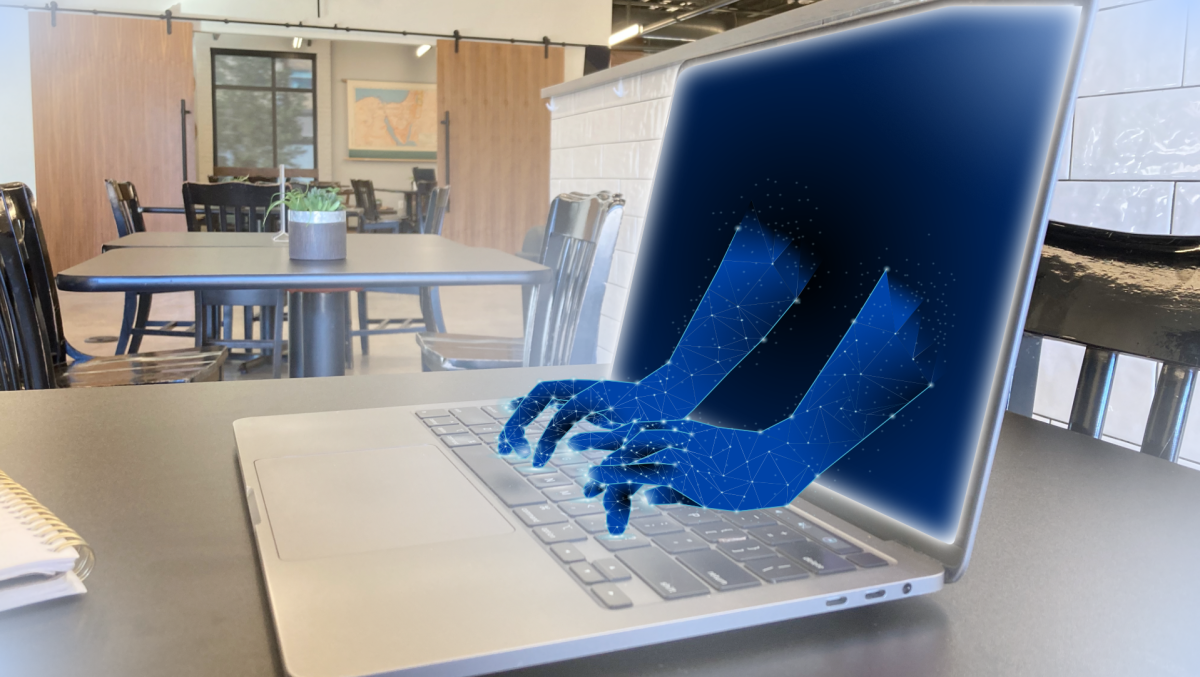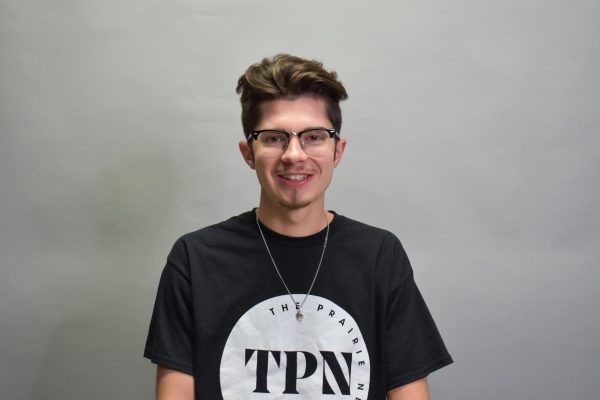Professors across the West Texas A&M Campus are navigating the impact that generative artificial intelligence (AI) has on academic integrity and ethical use in integrity and ethical use in higher education.
According to Daniel Klaehn, an instructor of English and director of the Writing Center, both professors and students have a responsibility to adjust to these developments.
“I still think students need to be active learners and critical thinkers in their fields,” Klaehn said. ”But at the same time, I think professors need to get also on board with, all right, we too have to do some critical thinking on this.”
The possibility of AI taking over professors’ jobs and education itself has come into question. Professor of Communication Studies Dr. Kristina Drumheller gave her opinion on the job of professors moving forward.
“I don’t think the job of professors actually changes,” Drumheller said. “We’re still teaching students how to find material, how to find solid, credible material if they’re going to use AI, how do you use it credibly?”
Generative AI can be applied in many ways, leaving students to wonder how they are allowed to use the technical tool. Professor of Communication Studies Dr. Emily Kinsky spoke on the importance of faculty teaching on AI.
“I think a really important thing for them to learn is how to ethically use these tools,” Kinsky said. “And that’s something that’s not taught anywhere else. You’re just given this hammer and nobody’s telling you how to use it. And so I think it’s really important for us as a faculty to walk them through these are ethical ways to use it.”
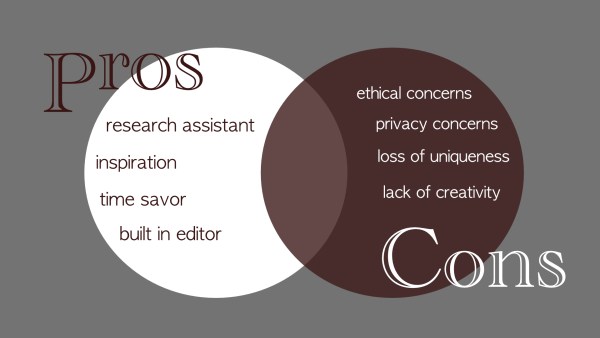
Different professors have different opinions when it comes to the pros and cons of AI and its purpose in academics. Dr. Leslie Ramos Salazar, professor of business communication and decision management, spoke about the benefits of AI.
“You are empowered, you are really the owner of your own questions you post to this thing, right?,” Ramos Salazar said. “So you, for instance, take the initiative and ask it important valuable questions that will improve the quality of your life, the quality of your classes, your work. It’s meant for the greater good.”
In contrast, Klaehn spoke on the cons of AI.
“I think that’s a con with AI is it’s kind of putting students in a situation where they’re not being challenged critically or creatively,” Klaehn said.
As technology increasingly shapes our world, WT professors are approaching AI in many ways; navigating for themselves and their students how to educate the generations to come.



